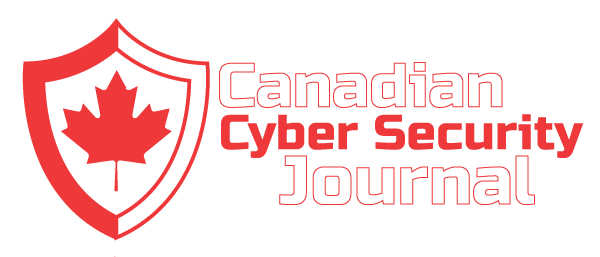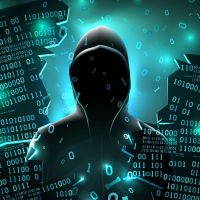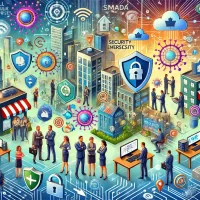As technology seamlessly integrates into every facet of our lives, the education sector, or EdTech, has kept pace. The proliferation of digital learning tools and platforms has transformed the educational landscape, offering unparalleled access to knowledge and learning resources. However, This digital transformation comes with its own challenges, notably in cybersecurity. The importance of protecting digital platforms against malicious attacks cannot be overstated, as these platforms hold sensitive data on students, faculty, and the institutions themselves.
Manit Kaushal, CTO & Co-founder of UPI Study, a pioneering online education platform, shares his insights on the pressing need for enhanced data safety. ‘The digital realm of education is a treasure trove of personal information, making it a prime target for cybercriminals. Data privacy concerns are at the forefront of cybersecurity challenges in EdTech, with risks ranging from identity theft to financial fraud,’ Manit asserts. ‘Protecting the personal and financial information of students and educators is not just a matter of privacy but of trust and safety within the educational system.
Challenges in Implementing Cybersecurity Measures
EdTech platforms are susceptible to various cyber threats, including phishing attacks, ransomware, and data breaches. Phishing attacks deceive individuals into providing sensitive information, while ransomware locks access to vital data, demanding payment for its release.
According to recent surveys, the education sector has reported the highest rates of ransomware attacks compared to all other industries surveyed. In the 2023 survey, 80% of lower education providers and 79% of higher education providers disclosed that they had been impacted by ransomware attacks, marking a significant increase from 56% and 64%, respectively, in the 2022 survey. Ransomware attacks result in data breaches and the exposure of confidential information, leading to substantial privacy and security implications. The disclosure of sensitive data not only undermines the privacy of students and faculty but also compromises the security infrastructure of educational institutions.
Implementing effective cybersecurity measures in EdTech is not without its challenges. Budget constraints and resistance to change can hinder the adoption of necessary security protocols, underscoring the need for strategic planning and stakeholder engagement.
Click here to view original web page at www.forbes.com








